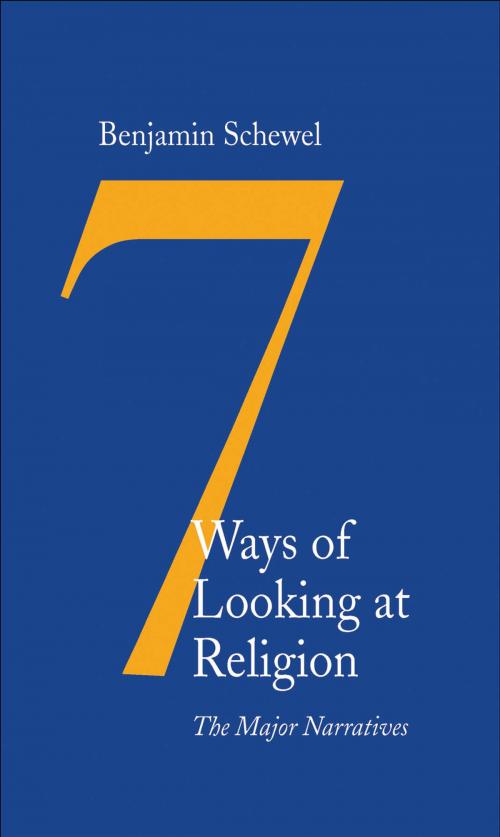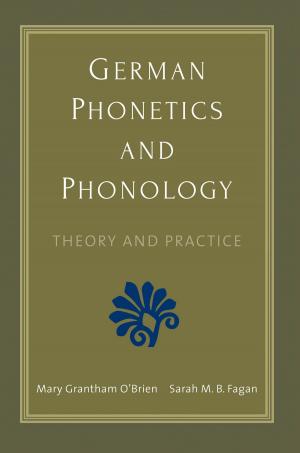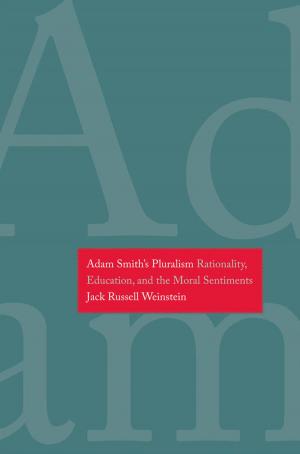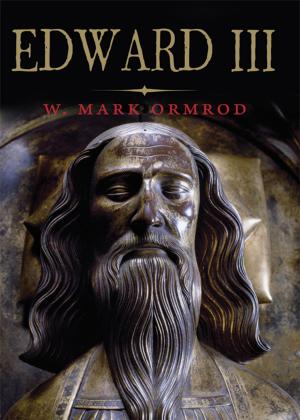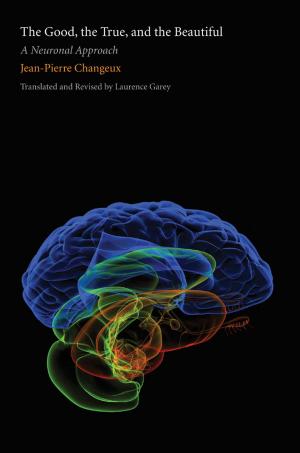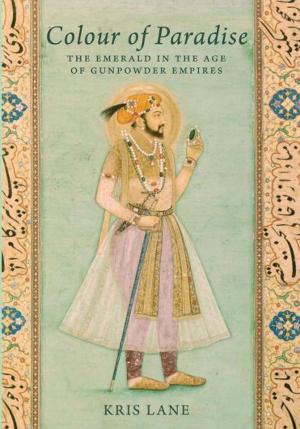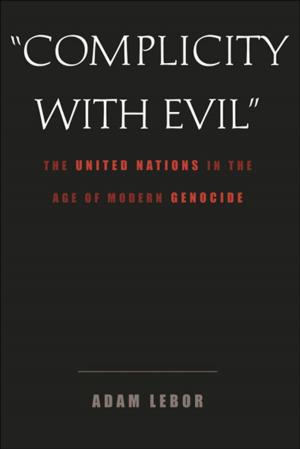Seven Ways of Looking at Religion
The Major Narratives
Nonfiction, Religion & Spirituality, Reference, History, Philosophy, Religious| Author: | Benjamin Schewel | ISBN: | 9780300231410 |
| Publisher: | Yale University Press | Publication: | September 26, 2017 |
| Imprint: | Yale University Press | Language: | English |
| Author: | Benjamin Schewel |
| ISBN: | 9780300231410 |
| Publisher: | Yale University Press |
| Publication: | September 26, 2017 |
| Imprint: | Yale University Press |
| Language: | English |
An ambitious young scholar’s lucid analysis of religion’s shifting place in the modern world
Western intellectuals have long theorized that religion would undergo a process of marginalization and decline as the forces of modernity advanced. Yet recent events have disrupted this seductively straightforward story. As a result, while it is clear that religion has somehow evolved from its tribal beginnings up through modernity and into the current global age, there is no consensus about what kind of narrative of religious change we should alternatively tell. Seeking clarity, Benjamin Schewel organizes and evaluates the prevalent narratives of religious history that scholars have deployed over the past century and are advancing today. He argues that contemporary scholarly discourse on religion can be categorized according to seven central narratives: subtraction, renewal, transsecular, postnaturalist, construct, perennial, and developmental. Examining the basic logic, insights, and limitations of each of these narratives, Schewel ranges from Martin Heidegger to Muhammad Iqbal, from Daniel Dennett to Charles Taylor, to offer an incisive, broad, and original perspective on religion in the modern world.
Western intellectuals have long theorized that religion would undergo a process of marginalization and decline as the forces of modernity advanced. Yet recent events have disrupted this seductively straightforward story. As a result, while it is clear that religion has somehow evolved from its tribal beginnings up through modernity and into the current global age, there is no consensus about what kind of narrative of religious change we should alternatively tell. Seeking clarity, Benjamin Schewel organizes and evaluates the prevalent narratives of religious history that scholars have deployed over the past century and are advancing today. He argues that contemporary scholarly discourse on religion can be categorized according to seven central narratives: subtraction, renewal, transsecular, postnaturalist, construct, perennial, and developmental. Examining the basic logic, insights, and limitations of each of these narratives, Schewel ranges from Martin Heidegger to Muhammad Iqbal, from Daniel Dennett to Charles Taylor, to offer an incisive, broad, and original perspective on religion in the modern world.
An ambitious young scholar’s lucid analysis of religion’s shifting place in the modern world
Western intellectuals have long theorized that religion would undergo a process of marginalization and decline as the forces of modernity advanced. Yet recent events have disrupted this seductively straightforward story. As a result, while it is clear that religion has somehow evolved from its tribal beginnings up through modernity and into the current global age, there is no consensus about what kind of narrative of religious change we should alternatively tell. Seeking clarity, Benjamin Schewel organizes and evaluates the prevalent narratives of religious history that scholars have deployed over the past century and are advancing today. He argues that contemporary scholarly discourse on religion can be categorized according to seven central narratives: subtraction, renewal, transsecular, postnaturalist, construct, perennial, and developmental. Examining the basic logic, insights, and limitations of each of these narratives, Schewel ranges from Martin Heidegger to Muhammad Iqbal, from Daniel Dennett to Charles Taylor, to offer an incisive, broad, and original perspective on religion in the modern world.
Western intellectuals have long theorized that religion would undergo a process of marginalization and decline as the forces of modernity advanced. Yet recent events have disrupted this seductively straightforward story. As a result, while it is clear that religion has somehow evolved from its tribal beginnings up through modernity and into the current global age, there is no consensus about what kind of narrative of religious change we should alternatively tell. Seeking clarity, Benjamin Schewel organizes and evaluates the prevalent narratives of religious history that scholars have deployed over the past century and are advancing today. He argues that contemporary scholarly discourse on religion can be categorized according to seven central narratives: subtraction, renewal, transsecular, postnaturalist, construct, perennial, and developmental. Examining the basic logic, insights, and limitations of each of these narratives, Schewel ranges from Martin Heidegger to Muhammad Iqbal, from Daniel Dennett to Charles Taylor, to offer an incisive, broad, and original perspective on religion in the modern world.
